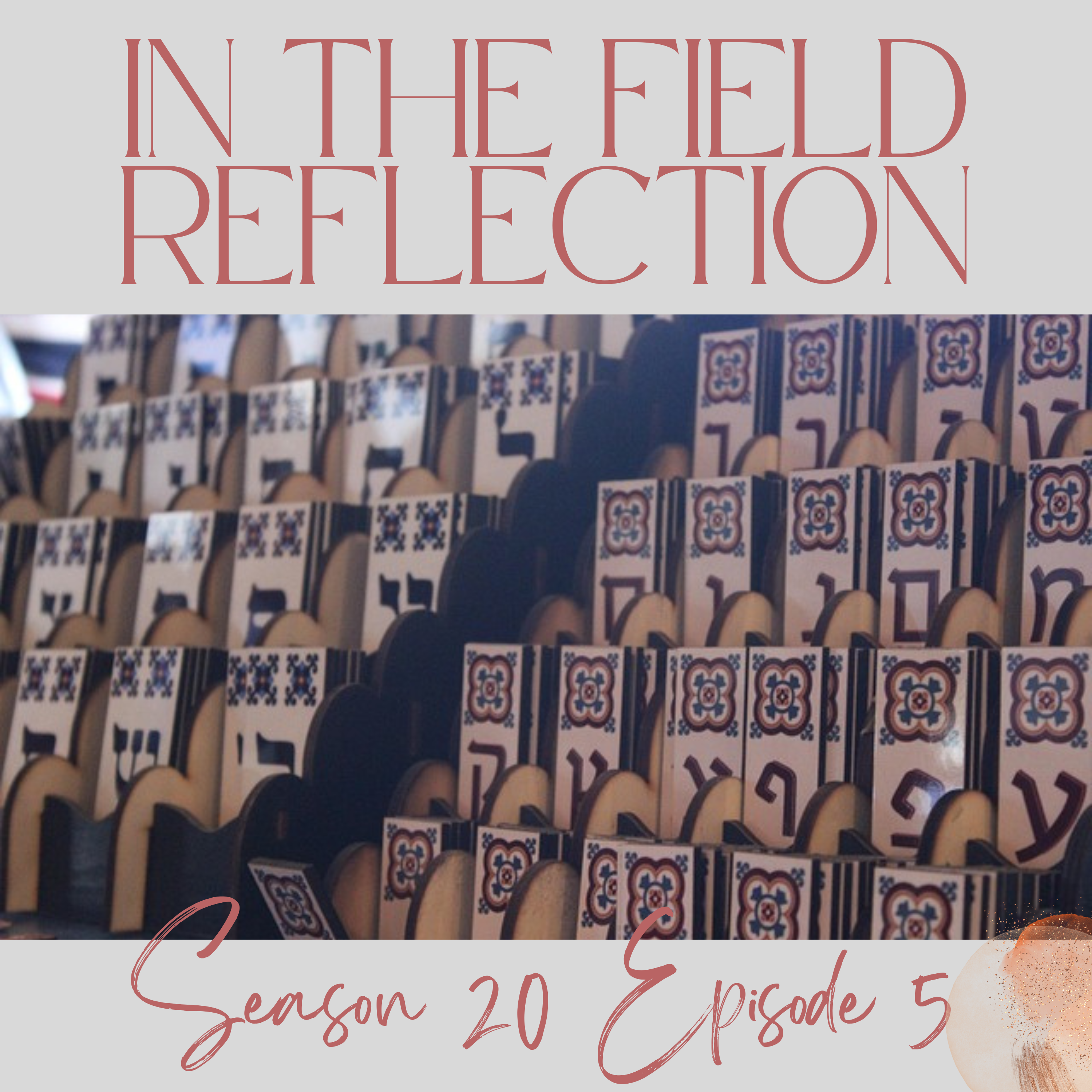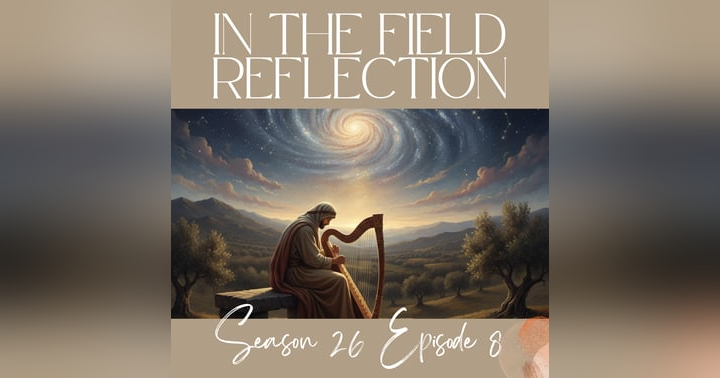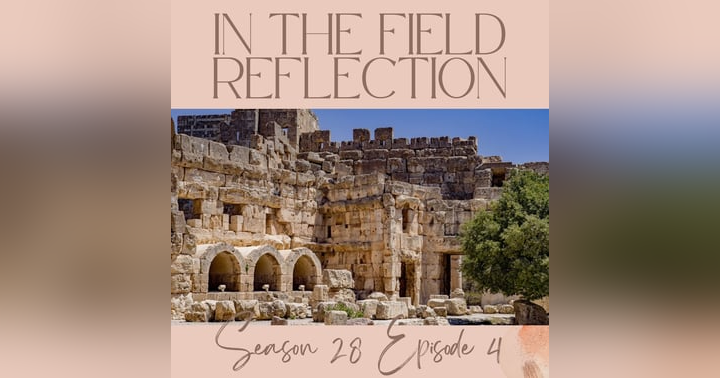Micah's Promise to Bethlehem: Ancient Hope Becomes Our Peace

Bethlehem sits small on the map, yet the story rising from its fields refuses to stay quiet. Micah draws us from sweeping visions of global peace down to a single village that smells of baking bread and sheep pens. The move from grand to humble is the point: God's promise narrows to a birthplace, a mother, a cry, a ruler who will shepherd rather than dominate. The language of the prophet feels like dawn—crisp air, fading stars, frost underfoot—because hope becomes our peace here, not as abstraction but embodied, arriving where no one was looking. We walk the limestone alleys and feel how insignificance is a human measure, not a divine category, and how a world yearning for security will be held stable by a leader whose very presence is peace. The vision pulls our eyes to the ground: ordinary dirt will touch extraordinary feet, and history will pivot in a house of bread.
Micah’s line—“whose origin is from ancient days”—opens a window behind time. It insists that the Bethlehem birth is not the start of the ruler’s story but the unveiling of a purpose older than David’s olive trees, older than earth’s foundations. That reframes our waiting. Israel’s “abandonment,” like labor before birth, becomes purposeful tension, not divine neglect. Many of us know that ache: the job that underwhelms, the quiet apartment where dreams feel small, the routine that seems invisible to others. Micah argues that hiddenness is not emptiness. The plan is already older than the problem. Rescue was designed before we named our fear. This is not motivational fluff; it is a theology of time. If origins stretch back beyond memory, then delays can serve formation rather than despair. Patience becomes participation in a longer story.
Shepherding becomes the surprising frame for leadership. No ivory throne, no jeweled crown—just standing among the flock, hands scarred by thorns and weather, the smell of pasture clinging to clothes. Micah’s shepherd-king feeds in the strength of the Lord, not in the insecurity of optics. The security he brings is not enforced by siege engines or stockpiled horses; it is the quiet sureness of being known and guarded. “He will be our peace” moves peace from treaty to person, from transaction to presence. This matters in a moment when we confuse loud certainty with courage and image with authority. Real authority makes room for others to breathe. It faces wolves in the open. It carries risk so the vulnerable can sleep. In that sense, Bethlehem is a leadership school: smallness teaches proximity, and proximity makes protection credible.
The imagery then widens: dew and lion. Dew arrives without clamor, a night’s silence leaving the world jeweled by morning. That is how God’s people are meant to bless—quietly, persistently, sustaining life in ways that rarely trend. Think about the unnoticed acts that keep someone’s hope alive: a message sent at the right time, a meal brought without fanfare, a verse shared when words fail. Such grace does not ask permission from the algorithm. Yet Micah refuses to mistake gentleness for passivity. When righteousness is threatened and the innocent are cornered, the metaphor shifts: the remnant becomes a lion among sheep, decisive and protective. Moral courage is not rage but rescue. It is love with a backbone. The same hands that tend the flock must sometimes strike the wolf. Communities shaped by this tension—soft as dew, strong as a lion—offer both comfort and clarity to a fractured world.
Purification closes Micah’s arc. God cuts off horses, chariots, strongholds, sorceries, and idols—every false security masquerading as safety or guidance. The point is not destruction for its own sake but freedom from dependencies that shrink our trust. We moderns keep sleeker versions: savings as savior, platforms as identity, talent as shelter. None are evil; all become brittle gods when asked to bear ultimate weight. The shepherd-king dismantles what cannot carry us so that peace can. This feels costly because it is; idols resist eviction. Yet the removal creates space for a different stability, one anchored in presence rather than performance. Bethlehem’s scandal is that the world’s hope rests not on what we build up but on what God lays down—his initiative, his timing, his nearness.
So how do we live this? Start with scale. Stop despising small soil. The overlooked task, the quiet room, the daily obedience—these are not delays; they are Bethlehem. Next, practice proximity. Stand among your “flock,” whether that is your family, team, or neighborhood. Learn names. Bear burdens. Let your leadership smell like the field. Then bless like dew. Choose steady, life-giving rhythms: show up, listen, share Scripture, refuse cynicism, honor commitments. Finally, roar when you must. Protect the vulnerable. Tell the truth with grace. Resist any system that trades people for profits or peace for denial. And let God purify your props—success metrics, self-sufficiency, secret superstitions—so trust can breathe again.



